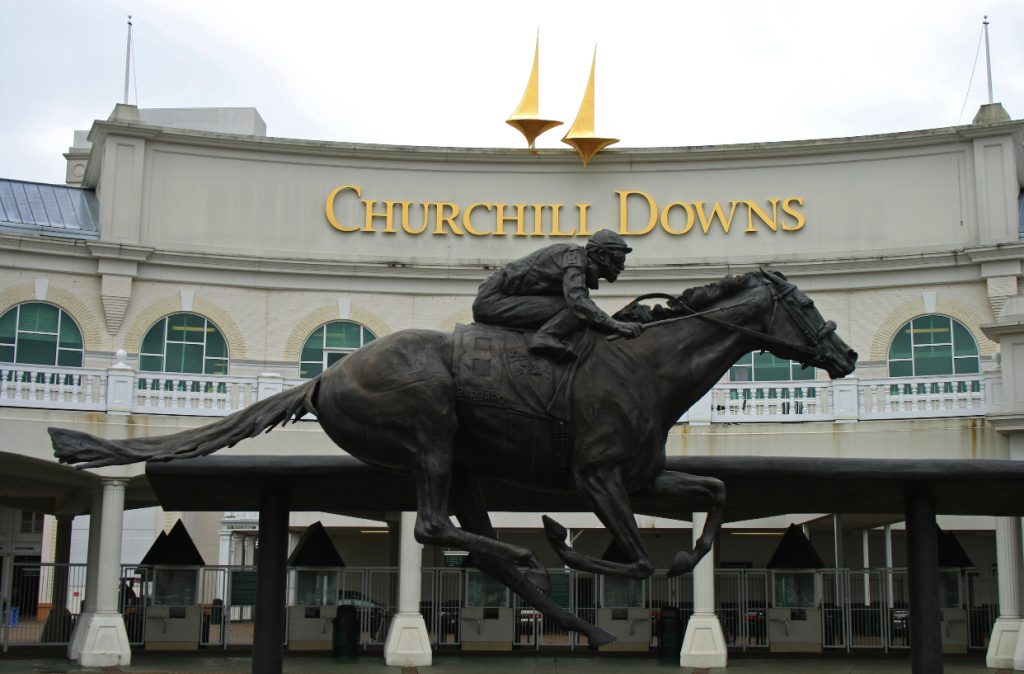
Is the Kentucky Derby really just for three-year olds?
Another New Year has passed and once again all Thoroughbreds in North America have officially become a year older. This hasn’t always been the case, however. Thoroughbreds used to celebrate their birthdays on May first up until 1858, when the British Jockey Club changed it to January first. The United States soon followed suit, but only in the north. The southern states continued to cling to the May first birthdate, which meant that American Thoroughbreds celebrated their birthdays on different dates depending on where they had been foaled. After the Civil War, horse racing’s focus shifted to New York and the north and January first was adopted nationwide as the official Thoroughbred birthdate.
Now that January first had been firmly established as the official birthdate, Thoroughbred breeders scrambled to get mares in foal even earlier. Why? More mature foals have the advantage of extra time for growth and development over their younger competitors. So long before the horse has even set foot on the track, the race is on. First to breed, first to foal, and hopefully first across the wire. Statistics reinforce this adage, as sixty percent of Kentucky Derby winners were born in either February or March.
While officially only three-year-old Thoroughbreds can compete in the Triple Crown races, nature refuses to follow rulebooks. If you were to go consider a horse’s biological age and not its official one then there have indeed been five colts and two geldings which have won the Kentucky Derby at the tender age of two. The first horse to do so was Exterminator in 1918. Foaled on May 30, 1915, Exterminator was the youngest horse ever to capture America’s most famous race. Ironically nicknamed “Old Bones”, Exterminator would go on to earn multiple championships including Horse of the Year. It would be another forty-six years until another two year old wore the roses. In 1964 the diminutive Northern Dancer not only won while still a two year old, he did it in track record time. He would later go on to establish himself as a legend in the breeding shed. The following year Lucky Debonair took home the roses then celebrated his biological birthday the next day. In 1974 Cannonade not only had to overcome a lack of maturity but also the largest field in Kentucky Derby history – twenty-three horses – to score his victory. A two-year-old Spend A Buck went wire to wire in the 1985 Derby, only to stir up trouble when his owners had their star skip the Preakness and Belmont Stakes to pursue and ultimately win a million dollar bonus offered by Garden State Park. D. Wayne Lukas notched his second Derby victory with a then two-year-old Thunder Gulch in 1995. The youngster would later rack up victories in the Belmont and Travers Stakes and an Eclipse Award. The last two year old to win the Kentucky Derby came in 2009 when long-shot Mine That Bird stunned the racing world.
This year the Kentucky Derby will be contested on May 7, 2022 and as of this writing, none of the top thirty leaderboard candidates will be two year olds on the day of the race. But history has proven that anything can happen in the Sport of Kings so we may yet see a two year old draped in roses.
By Dawn LeFevre



